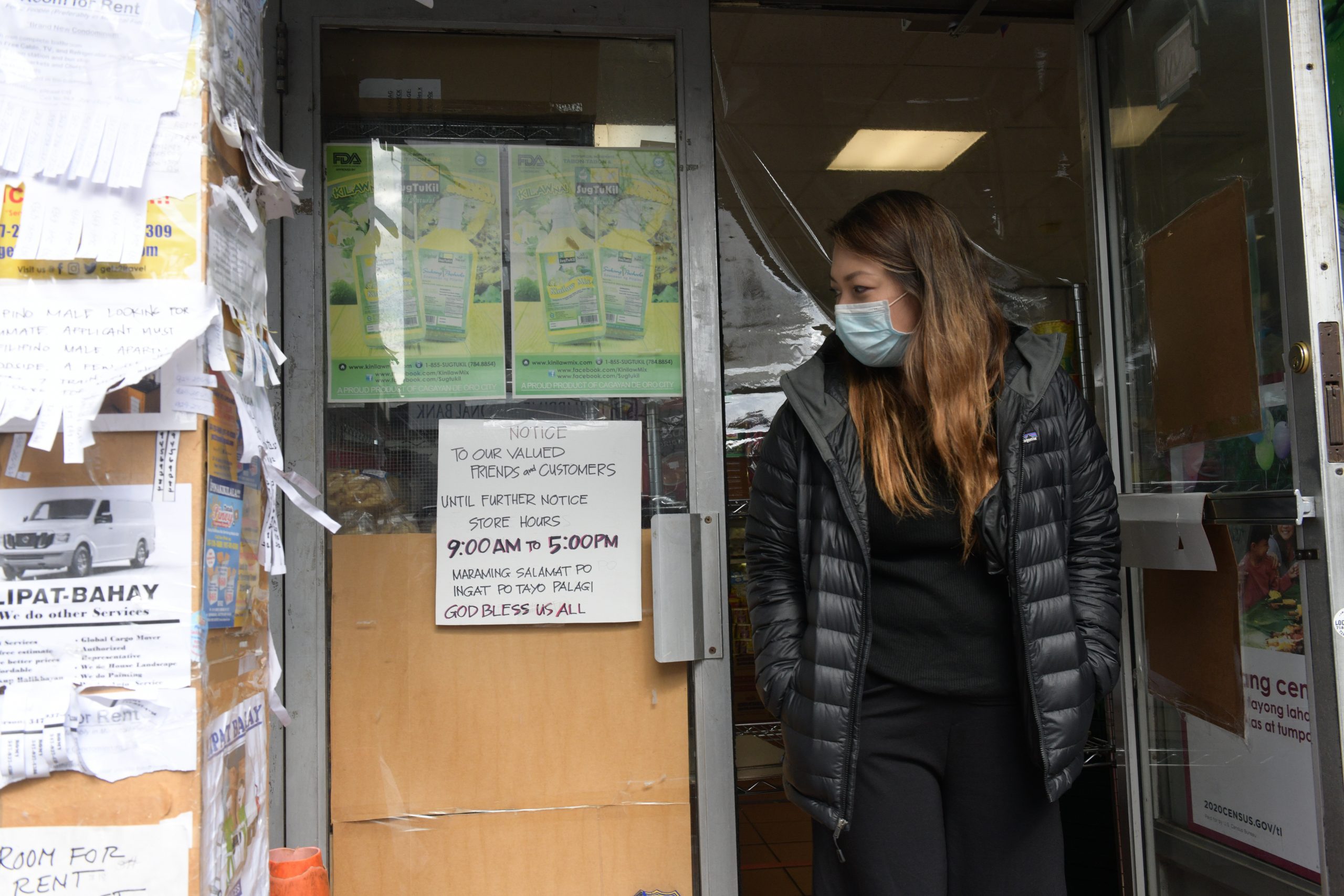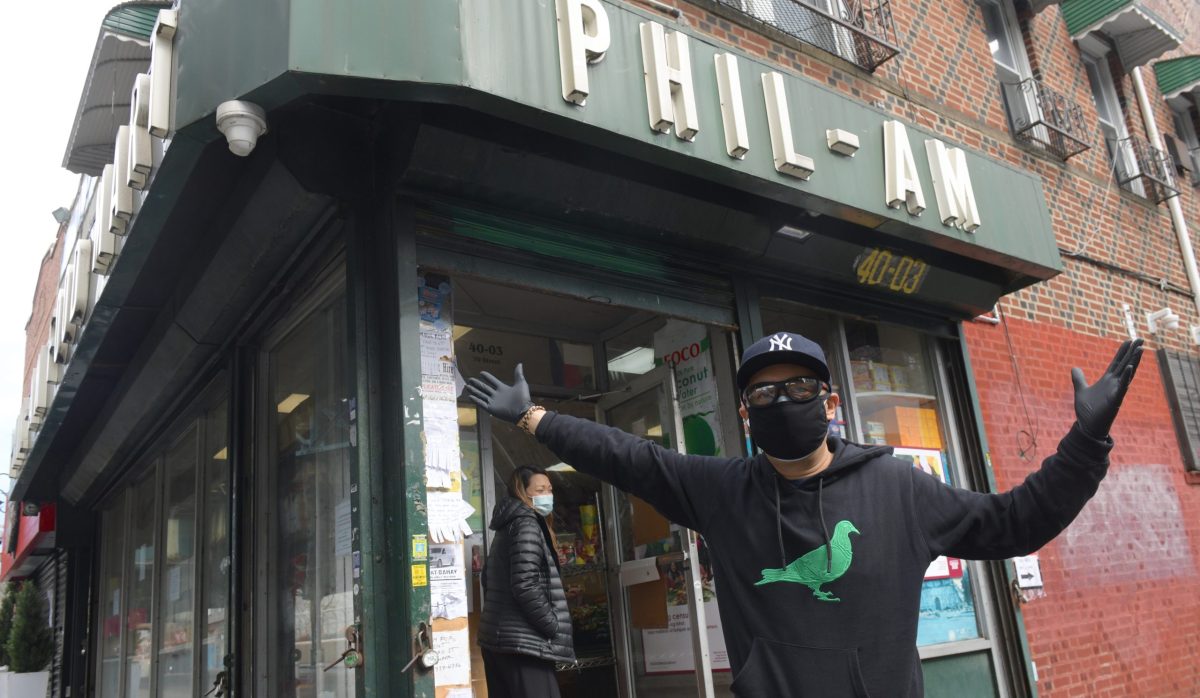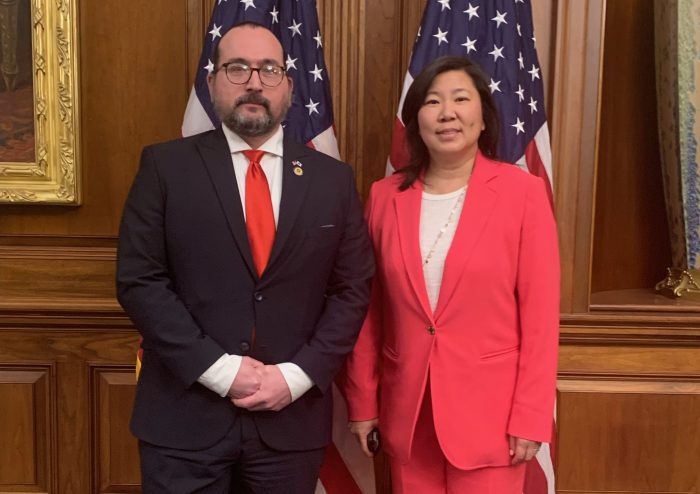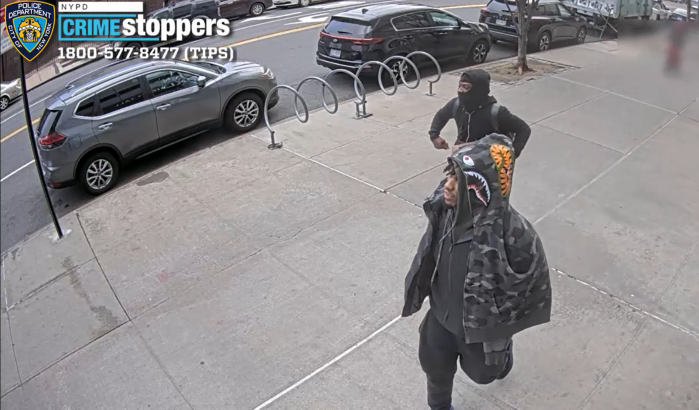The coronavirus crisis has forced many businesses to close – factories, warehouses, businesses that employ hundreds if not thousands of workers.
A few businesses, including Ricas Pupusas Y Mas, a Salvadorian style restaurant in Woodside, Queens on 47th Street, have been able to maintain some operations. But business has slowed to a trickle, so they are only open four days a week, as there isn’t enough foot traffic to justify staying open.
Irma Vargas, an immigrant of El Salvatore runs Ricas Pupusas Y Mas with her husband Daniel, and her two daughters Amy and Abagail. The business is only a year and a half old, finally becoming established and popular with workers from those warehouses and factories.
On a normal day, they make hundreds of tortillas, tamales and tacos for her fans. Their great food has even been featured in The New York Times and other major food columns and websites.
But with self-quarantine orders in place and businesses closed, Vargas’ eatery has suffered mightily.
“Monday through Wednesday, we are closed because there is no business at all,” Vargas said.”So now we are open Thursday through Sunday. Some days we make $50-$75, and we might as well stay home. It’s difficult now because people were laid off, there are no jobs here and people can’t buy prepared foods. There were a lot of immigrants here, but they aren’t working now so what do we do?”
Vargas says they do delivery, and they are working with Seamless, Uber Eats and call in orders. But even delivery business is sparse and they can’t pay their bills.
The restaurant applied for SBA loans but were denied. Because they are a family run business, she says, they’re not eligible for relief under the Payroll Protection Program. They are now borrowing money from friends, and they haven’t yet paid this month’s rent.
“The landlord doesn’t want to negotiate. When we asked for a break, he said, ‘no, I want the whole rent,'” Vargas sighed. “We don’t know what to do. We are trying hard to stay open. We were doing well, but now nobody is coming. Nobody is helping us.”
Not far from Vargas is Phil Am Grocery on the border of Woodside and Jackson Heights, Queens. Joe Costillo and his father Emanuel run the 40-year-old ethnic Filipino grocery store on 70th Street only 20-blocks from Elmhurst Hospital.
The problem for Phil Am was not that they were mandated to close, but they were forced to close as so many were dying in their community from coronavirus.
“We closed our store out of an abundance of caution for staff and customers – we saw early on that the area was lit up and was a hot-bed of coronavirus,” Costillo said. “We saw this first hand and people were getting sick left and right incuding some employees. There was high anxiety so we had to close.”
The Queens immigrant community has had a much higher number of people infected with Covid-19 because residents live in more crowded homes, share quarters and are forced to go to work when others had the luxury of staying home.
But last week, Costillo re-opened, taking phone orders and keeping customers at bay through a small window where they hand groceries out the cubby hole and limit exposure to people. That business is starting to pick up slowly, but they are under the financial gun to pay vendors, taxes, insurance – luckily, they own the building so we don’t worry about paying rent.”
Costillo is just trying to keep his head above water and keep up with bills, and he continues to pay employees, but “we are reaching the end of our rope.”
He worries even more for neighbors who must stay closed, mostly ethnic restaurants that he would patronize that might have to be shuttered because they can’t open and won’t make their rent. That would leave many stores around him vacant and damage the community, he says.
“Some folks who have to make their rent and make money are in real trouble,” Costillo said. “We are doing things we didn’t do before, including creating a website that my father didn’t think we needed. People come to us because it is familiar to them – comfort food. But for others like the restaurants, they are just trying to hold on as long as they could and they are hemorrhaging money – some will choose to close – we can only hope they will recover.”



































